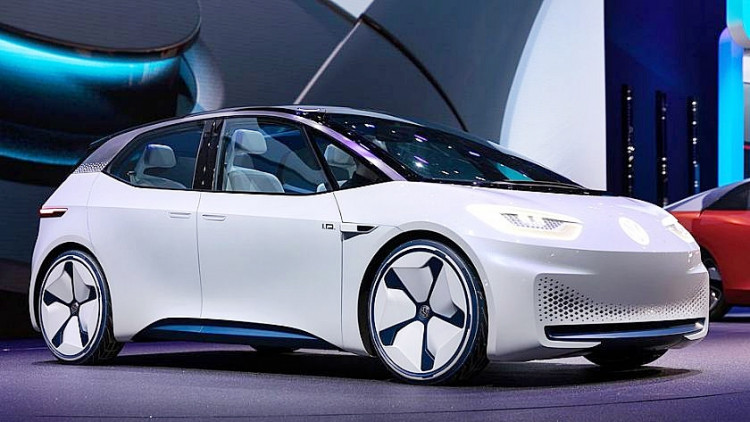Volkswagen Group, Europe's largest car maker, today said it will let go of anywhere from 5,000 to 7,000 employees in its Volkswagen brand in a painful bid to stay profitable.
The German carmaker will spread out the job cuts until 2023 and said it expects to realize a sharp drop in operating costs by $6.6 billion. Corollary with these job cuts, Volkswagen has already implemented a "digital roadmap" that automates administration and IT systems.
Volkswagen is expected to invest $21.5 billion over the next five years to develop a vast range of electric vehicles (EVs), as well as electromobility technology (such as e-scooters and e-bikes).
Most of the job cuts are expected to be carried out through retirement offers to make the job cuts more palatable. VW estimates that more than 11,000 of its employees will be eligible for retirement in 2019. VW says it will add 2,000 jobs in research and development to boost its strategy to dominate the world's EV market.
CEO Ralf Brandstätter said the company needed to "do more to meet the challenges" it faces in the upcoming years. He pointed out the changes will make Volkswagen "fit for the electric and digital era."
In December 2018, Brandstätter said Volkswagen will "force the pace of transformation and become more efficient and agile."
Arno Antlitz, Volkswagen brand's board member for controlling, said the measures from the earnings improvement program will enable our brand to achieve a competitive return level of six percent in 2022.
Volkswagen Group said it plans to build 22 million EVs across its brands by 2028, which is a massive 47 percent jump from its previous estimate of 15 million. The group also said it will increase to 70 from 50 the number of new EV models it plans to build over the next decade.
These models will likely be based on its current "Modularer E-Antriebs-Baukasten" or MEB platform. MEB is a modular car platform for electric cars developed by Volkswagen and its subsidiaries.
As originally planned, MEB will first be used in Audi, SEAT, Škoda and Volkswagen models. The MEB platform is part of a broader VW strategy aimed at starting production of new battery electric vehicles (BEVs) between 2019 and 2025.
In 2017, the VW Group announced a gradual transition from the combustion engine to BEVs. All 300 models across 12 brands should have an electric version by 2030. The aim of all these moves is to ensure Volkswagen dominates the future market for EVs or all kinds.





